Uncategorized
-
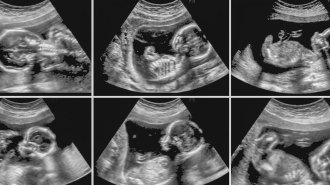 Health & Medicine
Health & MedicineAir pollution can reach the placenta around a developing baby
A small study of women living in Belgium found soot embedded in their placental tissue.
-
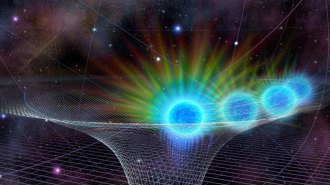 Space
SpaceThe Milky Way’s supermassive black hole reached record brightness this year
The big black hole at the center of the galaxy recently flared twice as bright as ever seen before in near-infrared wavelengths.
-
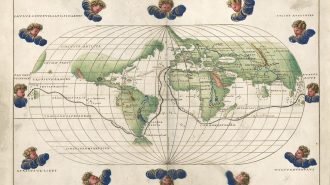 Science & Society
Science & SocietyHow circling the globe has evolved in the 500 years since Magellan’s famous trip
Humankind has found new and improved ways to circle the globe in the five centuries since Magellan set sail.
-
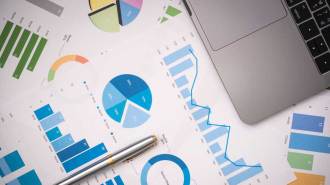 Math
MathA new book shows how not to fall for dubious statistics
Skipped statistics in school and wonder what you missed? David Spiegelhalter’s ‘The Art of Statistics’ has got you covered.
-
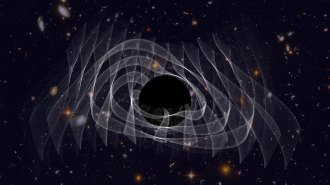 Physics
PhysicsGravitational waves from a ringing black hole support the no-hair theorem
A new study of gravitational waves from merging black holes agrees with the predictions of the general theory of relativity.
-
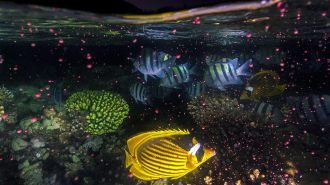 Life
LifeClimate change may be throwing coral sex out of sync
Several widespread corals in the Red Sea are flubbing cues to spawn en masse.
By Susan Milius -
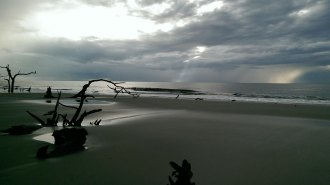 Humans
HumansAn island grave site hints at far-flung ties among ancient Americans
Great Lakes and southeastern coastal hunter-gatherers had direct contact around 4,000 years ago, a study suggests.
By Bruce Bower -
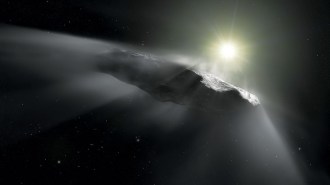 Planetary Science
Planetary ScienceAstronomers have spotted a second interstellar object
Researchers will be able to watch what appears to be an interstellar comet swoop through the solar system for about a year.
-
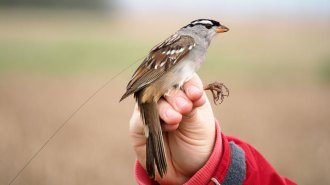 Agriculture
AgricultureBirds fed a common pesticide lost weight rapidly and had migration delays
Scientists have previously implicated neonicotinoid pesticides in declining bee populations. Now a study suggests that songbirds are affected, too.
By Maanvi Singh -
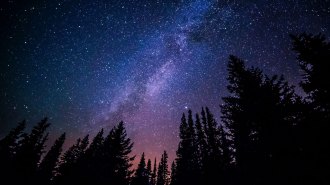 Tech
TechThis device harnesses the cold night sky to generate electricity in the dark
A new thermoelectric generator uses the temperature difference between Earth and outer space to create electricity after the sun goes down.
-
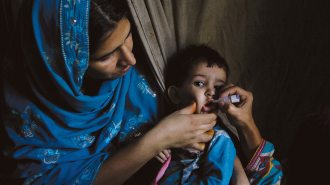 Health & Medicine
Health & Medicine50 years ago, polio was still circulating in the United States
The world has never been closer to eradicating polio, but the disease could come roaring back where vaccination is spotty.
-
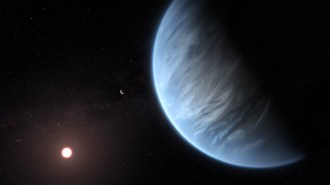 Astronomy
AstronomyThis may be the first known exoplanet with rain and clouds of water droplets
For the first time, astronomers have detected water vapor and possibly signs of clouds and even rain in the air of a potentially habitable exoplanet.